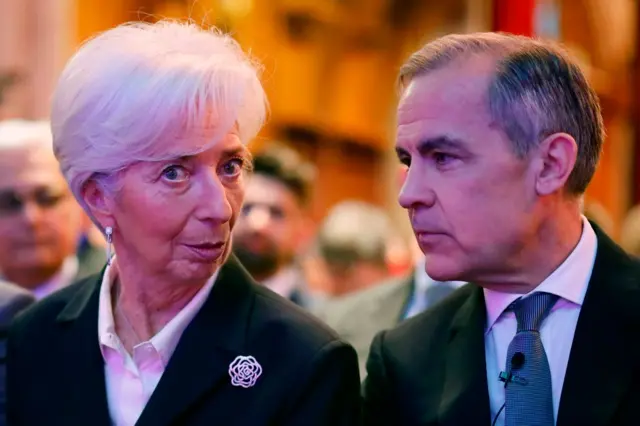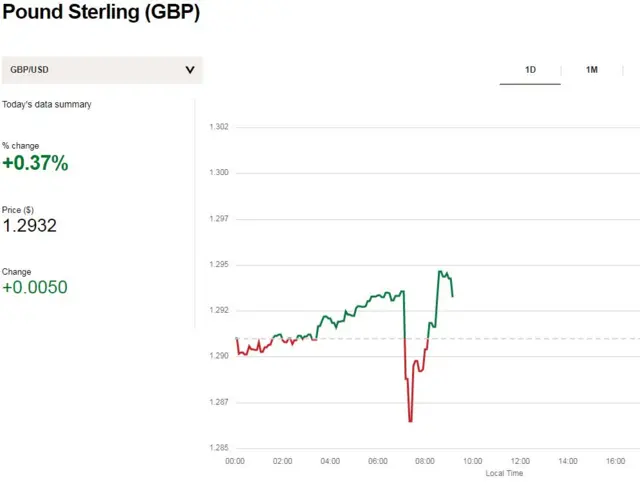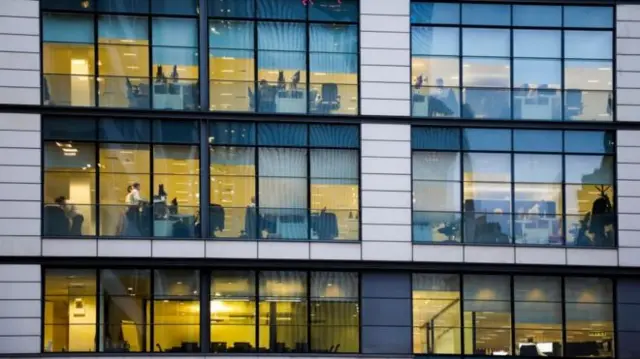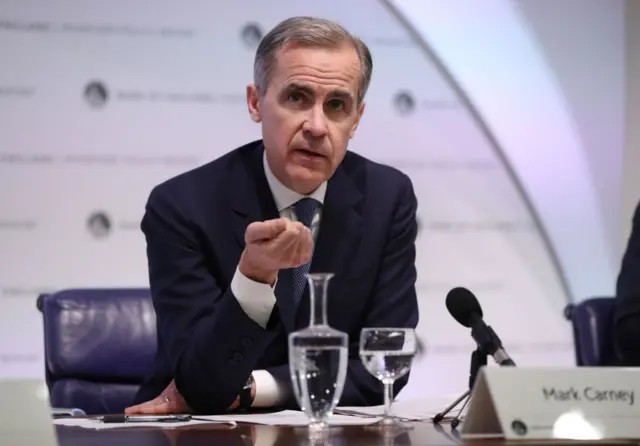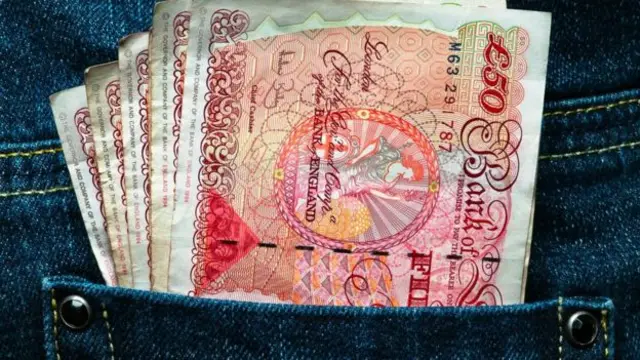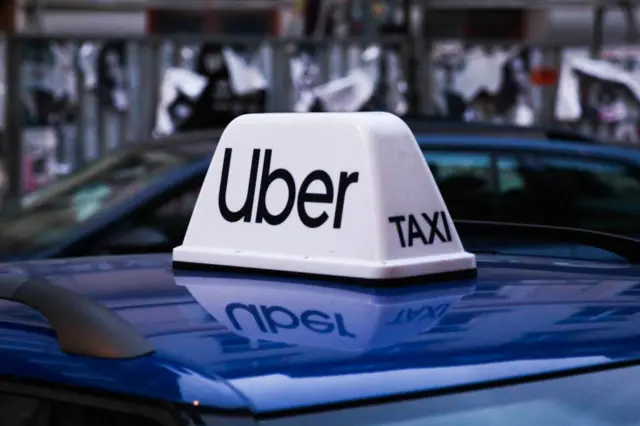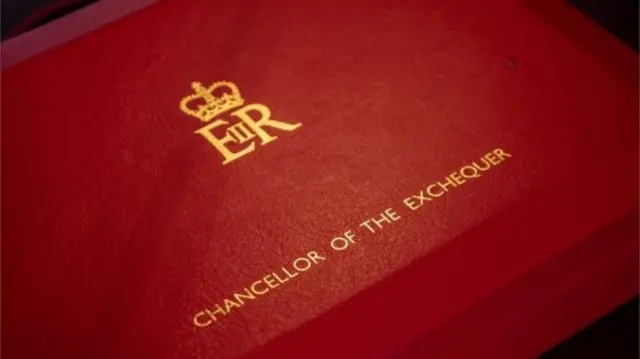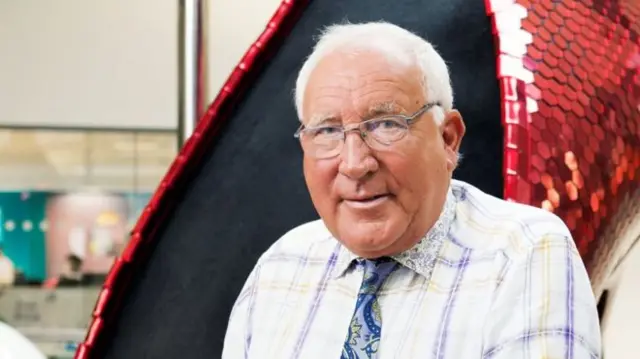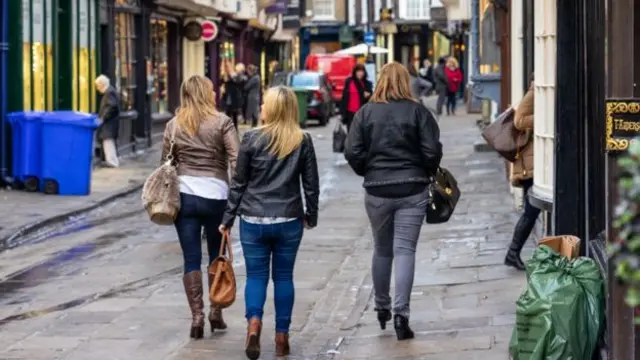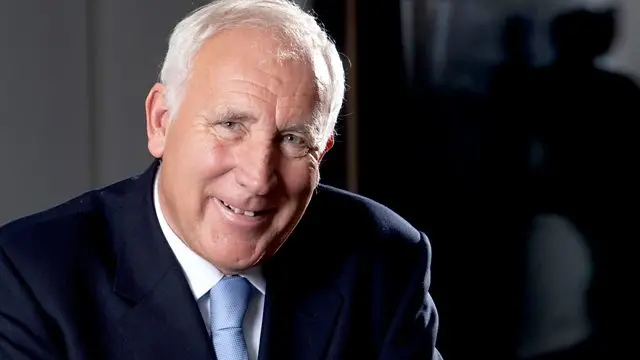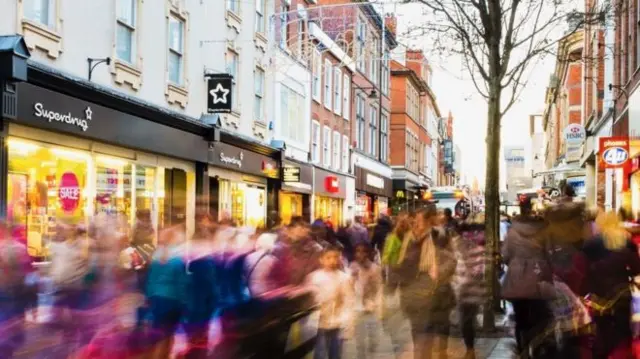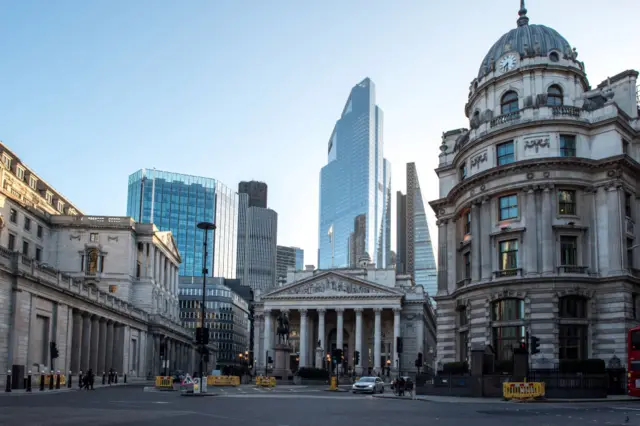CBI: Chancellor needs to'do his part' in Budgetpublished at 09:58 GMT 11 March 2020
Quote MessageMeasures to help the flow of credit and support businesses potentially facing cash flow issues could make a real difference in the weeks ahead. All eyes are now on the Chancellor today to do his part. This is a timely, proportionate response to a serious situation, though it's vital policy is kept under review as things improve.
Rain Newton Smith, Chief economist, CBI

